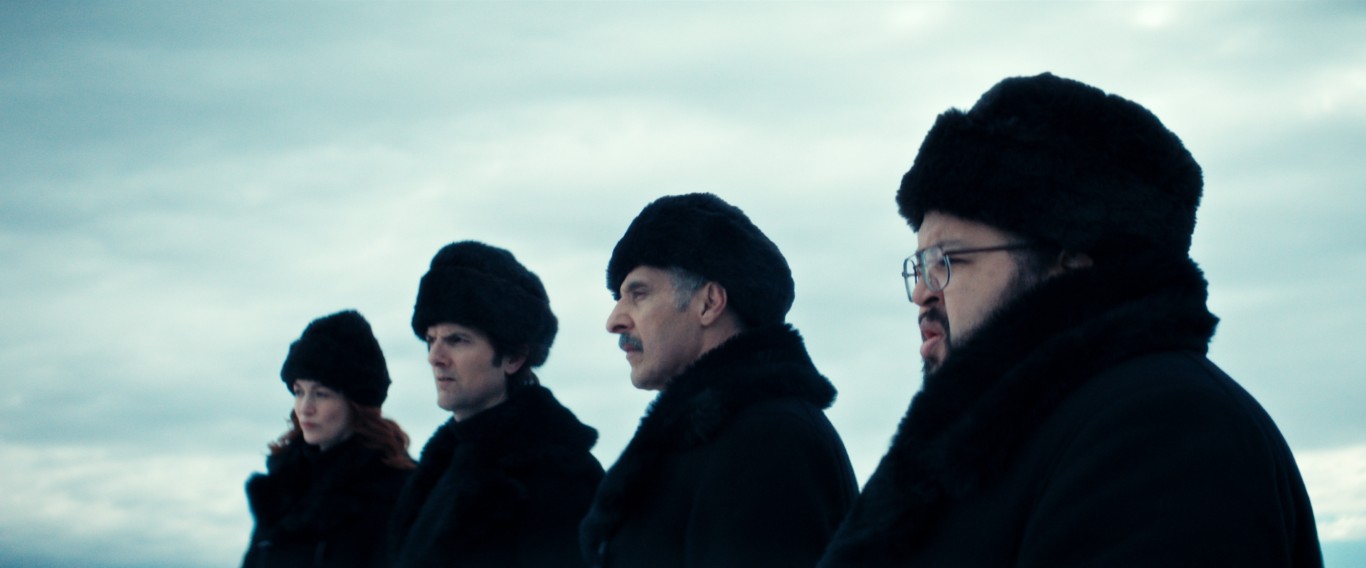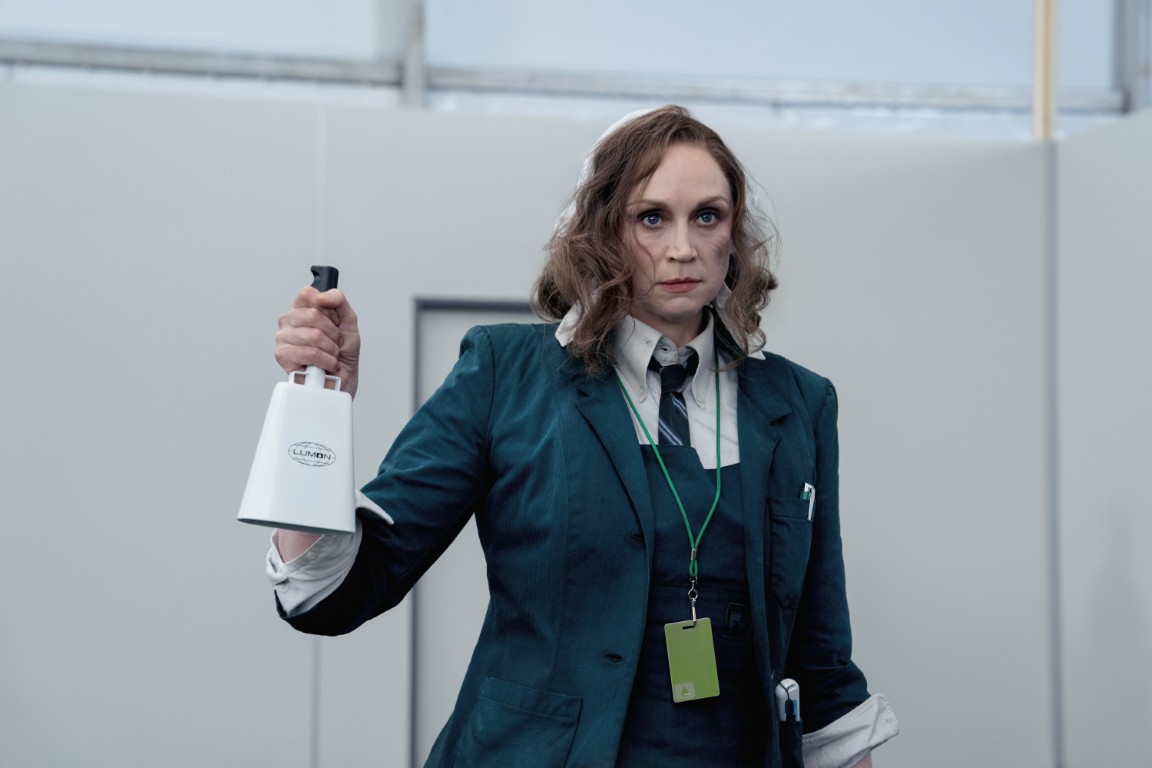The first season of “Severance” was one of the best standalone TV outings of the streaming era, all the way down to its incredible conclusion. But it always felt like a tough act to follow. While the end of that award-winning season opened doors to dozens of thematic hallways, which one would the writers take? And would they go too far down the rabbit hole of their own surreal concept? The answers are “all of them” and “for now.” The first six episodes of season two of “Severance” feel like a writer’s room with a well-deserved mandate to get as creative as possible, embracing deep concepts but losing some relatability and human emotion on the journey of three long years between chapters in this tale. I still greatly admire “Severance” just for existing, but it’s a show weighed down by its own ideas for the first half of this season, a program that has lost a step by trying to do too much.

“Severance” came about in the wake of the pandemic, making its concept of a true work-life balance incredibly timely. It had a “Black Mirror”-esque question at its core: Would you go through the “severance” program yourself, forever dividing your work and home lives in a way that theoretically made both better? Adam Scott stars as Mark Scout, a man who chooses severance in part because of the recent death of his wife, only to discover – SPOILERS – that she’s not actually dead, and still an employee of the mysterious Lumen Industries. At the same time, creator Dan Erickson introduced us to other Lumen employees, including the gregarious Dylan (Zach Cherry), new employee & potential love interest Helly (Britt Lower), and buttoned-up Irving (John Turturro), who fell in love with the head of Optics and Design, Burt (Christopher Walken). Overseen by quirky corporate servants named Mr. Milchick (underrated season one asset Tramell Tillman) and Ms. Cobel (Patricia Arquette), the Lumen employees burst from their confinement at the end of the first season, leading to a battle between their “innies,” “outies,” and the powers that have put all this chaos in motion.
The second season of “Severance” is largely about the repercussions for that rebellion as Lumen, led more by Milchick here than anyone else, set about putting our core quartet back in place. The outie version of Mark S. is still trying to figure out how to get to a wife that he has been severed from while the innie one continues that quest from the other side and grows closer to Helly. Her outie was revealed to be a major Lumen power player, adding a whole new layer to her character and arc, while Irving struggles with the emotional fallout of discovering that Burt’s outie is married. Innie Dylan questions everything around him now but gets a chance to learn a few things about his outie life, partnering him in scenes with the incredible Emmy winner Merritt Wever. I love these moving moments because they have such a relatable high concept in that it’s like being given a window into an alternate reality wherein one version of Dylan gets to witness another. They’re simple, grounded, and beautiful, where this show reaches its potential perfect balance of concept and character. Who wouldn’t want to see another version of yourself?

Sadly, much of the rest of season two of “Severance” struggles to remain as grounded. Without spoiling, things get weird this year, especially in a fourth episode in which the quartet are sent on a work retreat that only Lumen could arrange. It doesn’t help that Arquette and Walken are minimal presences in the first half of this season, although I do admire the increased screentime for the great Tillman, who nails Milchick’s pretentious manner. In one scene, Milchick is admonished for using too many big words with his employees, and it felt like a meta mirror of my feelings about much of this season, one that values big ideas over human emotion. In an era when so much TV is bereft of any thematic ambition, it feels churlish to criticize one for trying to do as much as this season of “Severance” is attempting, but it’s a balance and the scales are out of whack enough that I too often questioned why I should care – a feeling I never had in season one. It’s also a show that’s a bit too in love with its pregnant pauses, calling awareness to its “heavy ideas” instead of weaving them into the fabric of the show.
Will that change in the back half of the season? It very easily could. All of my concerns about too many thematic loose threads could disappear as the writers tie them together, making these episodes of set-up feel stronger in hindsight. I’m not quitting “Severance” yet, but I won’t blame anyone who starts looking for other work.
Six episodes screened for review. Premieres on Apple TV+ on January 17th.
from Roger Ebert https://ift.tt/klMNxWj

.png)
.png)

